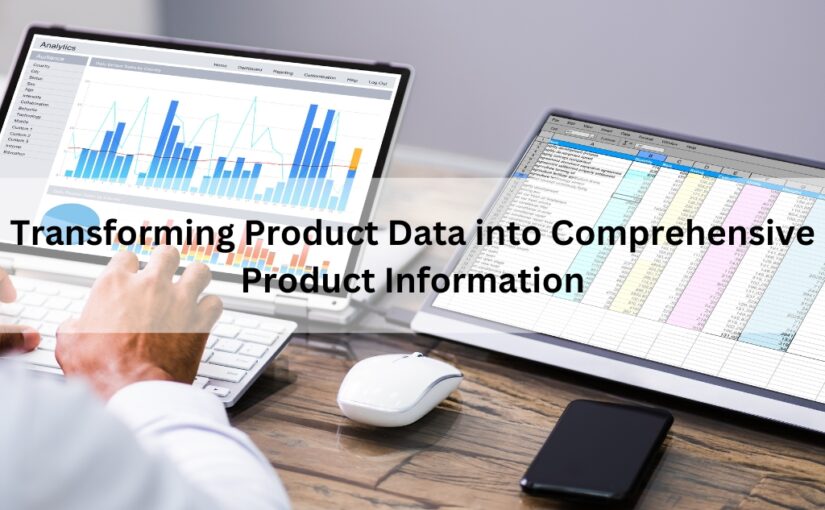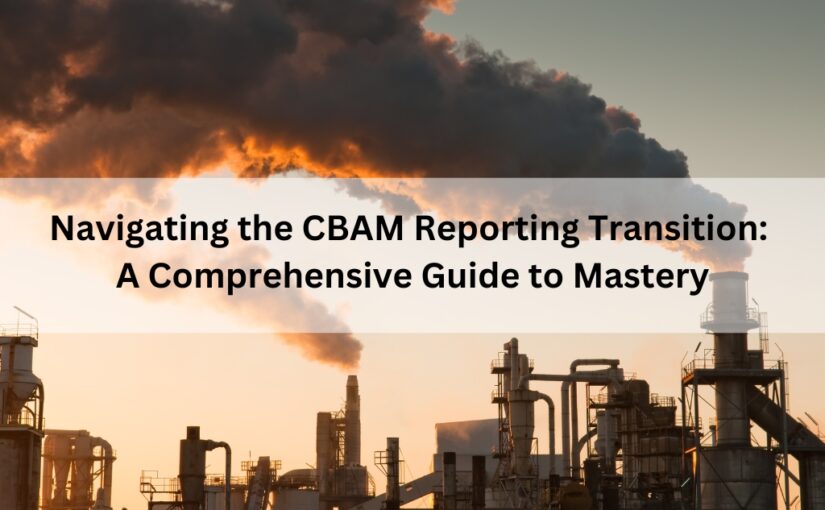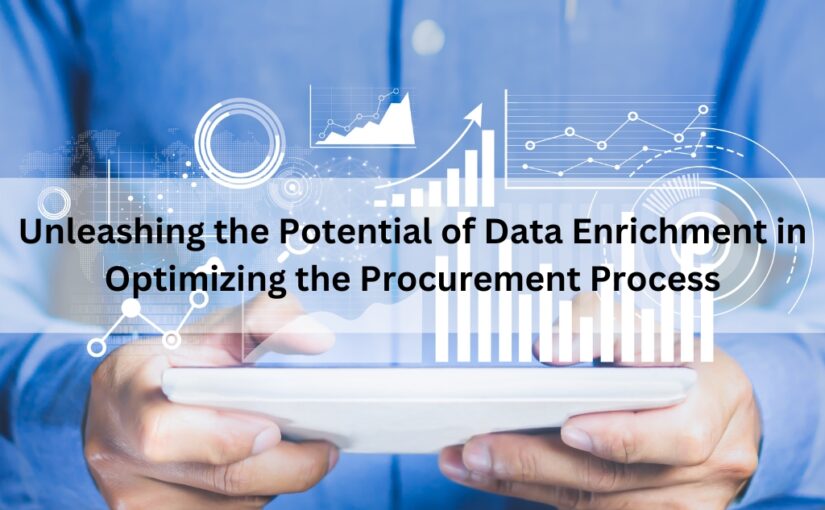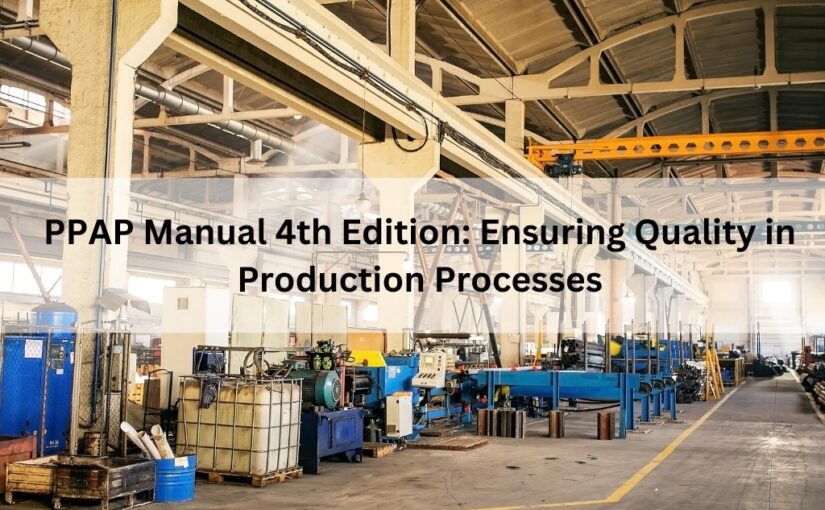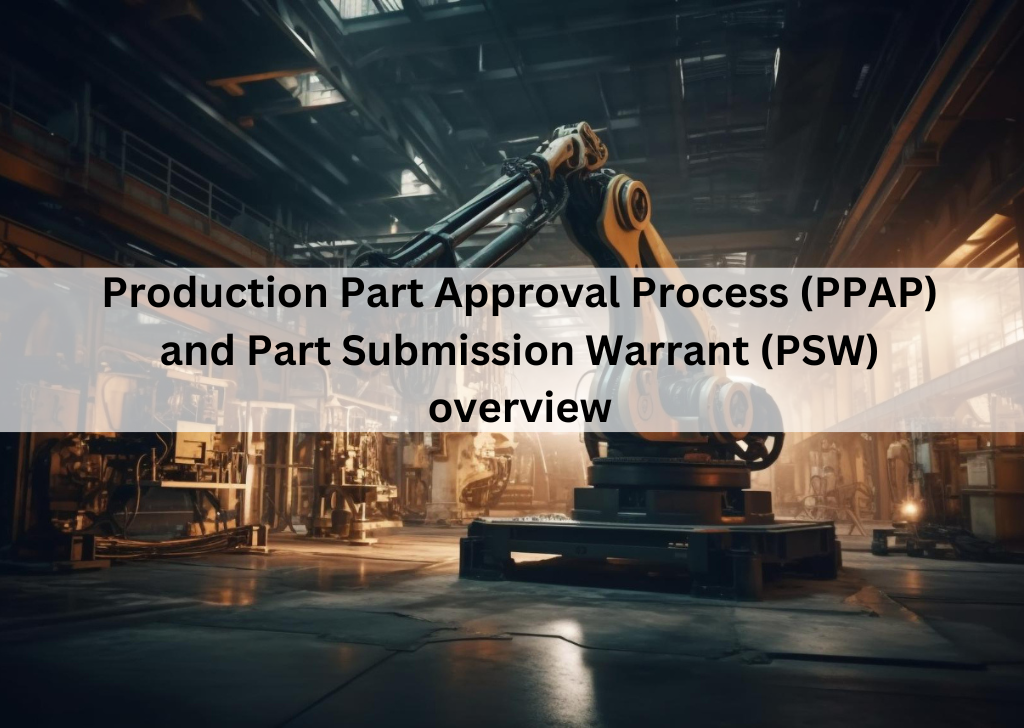Fundamental Elements of MRO Data Excellence Framework
In today’s data-driven world, it is crucial for MRO teams to have access to accurate, reliable data in order to make informed decisions and optimize their operations. This is where the MRO Data Excellence Framework play a vital role to increase efficiency across supply chain, inventory, procurement and plant operations.
The MRO Data Excellence Framework is a set of best practices and guidelines for managing MRO data in an organization. It is designed to help all functions ensure that their data is accurate, complete, and up-to-date across ERP / CMMS / EAM systems.
Major components of MRO Data Excellence Framework
- Accurate and complete data: This means having a comprehensive and reliable set of data that is as per ISO 8000 data quality standard and free from any errors.
- Data Standards and Industry specific Taxonomy: a well-defined data taxonomy can ensure to cover a wide range of data parameters including data formatting, naming conventions, classification, category and many more.
- Robust data governance: Defining Policies, procedures, and controls to ensure data integrity, security, and availability.
- Data quality management: This involves implementing processes and tools to regularly assess, monitor, and improve the quality of the data.
- Data integration and interoperability: Integrating data from multiple sources and systems and ensuring that the data can be easily shared and accessed by different stakeholders.
- Data analytics and reporting: using advanced analytics and visualization tools to extract insights and trends from the data, and to provide meaningful and actionable reports to supply chain, procurement and maintenance activities.
Role of Data Governance in Data Excellence Framework
One key component of the MRO Data Excellence Framework is data governance. This involves establishing clear policies and procedures for managing MRO data, including how it is collected, stored, and used.
A robust data governance system ensures:
- Defining roles and responsibilities for data management within the organization
- Designing Implementing an industry specific data taxonomy
- Establishing processes to meet the ISO 8000 data quality standard
- Setting standards for data formatting and naming conventions
- Establishing clear policies and procedures for managing MRO data
- Developing a system for tracking and documenting data changes and updates
- Assuring appropriate permissions and safeguards are in place to control and secure data edit privileges
It is important to note that while data governance is a crucial component of the MRO Data Excellence Framework, it is not the only one. Other components, such as data quality, integration, and reporting, are also essential for ensuring that MRO data is being used effectively to drive business value. However, if the data itself is of poor quality or is not properly integrated with other systems and processes, it will not be able to provide the insights and value that the MRO team is seeking. Similarly, robust reporting and analytics capabilities are necessary to extract meaningful insights from MRO data. Without the ability to analyze and interpret the data, it will be difficult for MRO teams to make informed decisions and optimize their operations.
Talk to one of our MDM specialists today to learn how you can implement MRO Data Excellence Framework at your organization and drive business value.

